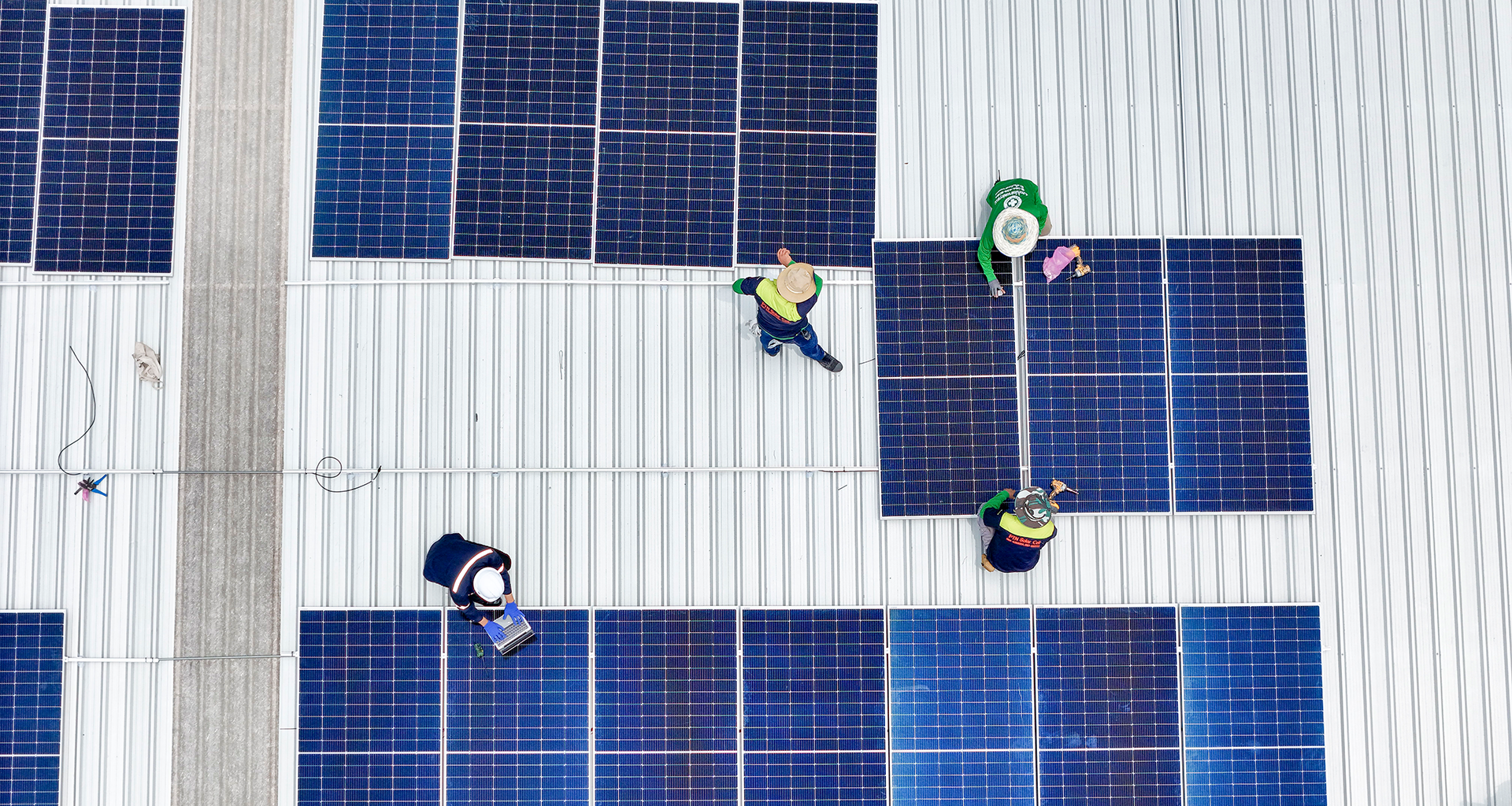
Clean Energy
Focuses on renewable energy sources such as solar and wind, aiming to reduce fossil fuel dependence and promote sustainability.
Driven by state policies and private sector investments to reduce carbon emissions and promote sustainable energy solutions, New Jersey has experienced significant growth in the clean energy industry. New Jersey has become a leader in the transition to clean energy in the U.S., supported by robust government initiatives, a growing green technology sector, and increasing investments.

New Jersey’s Clean Energy Act of 2018 significantly advanced the state’s dedication to clean energy. This act has projected to achieve 100% clean energy by 2050, including a goal of 50% renewable energy by 2030. The state has also implemented renewable energy portfolio standards (RPS) that mandate utilities to purchase a certain percentage of their energy from renewable sources, which has led to investments in solar, wind, and other renewable technologies.
One of New Jersey’s most significant initiatives is its commitment to offshore wind energy. In 2020, New Jersey's governor announced the state’s goal of developing 7,500 MW of offshore wind capacity by 2035, enough to power 3.2 million homes. The state has been attracting significant investments in offshore wind farms, with companies like Atlantic Shores working on projects in the Atlantic Ocean off the state’s coast.
New Jersey is also a national leader (site) in solar energy deployment. The state introduced the Solar Renewable Energy Certificates (SRECs) program, which incentivizes the installation of solar panels by allowing solar owners to sell certificates generated by their systems. This has encouraged residential and commercial solar installations and bolstered the state’s reputation as a solar leader.
New Jersey has been a leader in solar energy, among the top 10 states in installed solar capacity, with over 3,000 MW of solar energy installed as of 2023. The Solar Energy Development Act such as tax credits and rebates has continued growth in the solar sector. Both residential solar installations and large-scale solar farms have grown, positioning New Jersey as one of the nation’s top solar states.
The clean energy sector has become a significant source of employment for New Jersey. According to the National Renewable Energy Laboratory (NREL), clean energy jobs (insert number from lightcast) in New Jersey have increased dramatically in recent years. Jobs in solar installation, wind energy, energy storage, and electric vehicle (EV) infrastructure have provided many new employment opportunities. The state has invested in workforce development to support its growing offshore wind industry and is training workers in the skills needed to support offshore wind turbine installation, operation, and maintenance. The LDI offers courses that help develop a highly skilled workforce to meet the demands of the offshore wind industry.
In summary, New Jersey's clean energy industry has grown substantially, with strong government policies, private investments, and increasing consumer demand for renewable energy solutions. As the state continues to expand its clean energy capacity, it is well-projected to play a key role in the global transition to a sustainable energy future.
Have questions? Contact us.